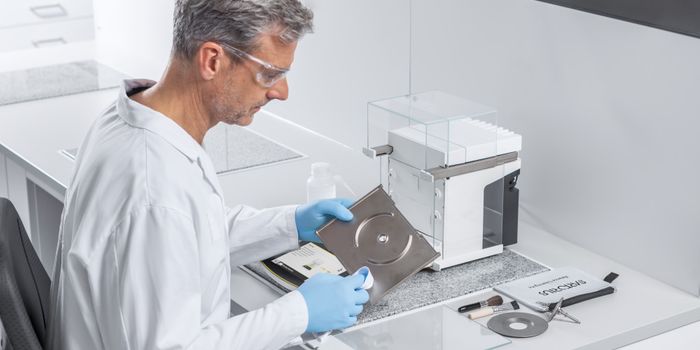How Placebo Drugs for Pain Work in the Brain

A placebo drug is an inactive drug or substance given to patients to treat health issues. Even though the placebo does not have any mechanism of action, belief that the drug or substance will work- or sometimes just the mere act of taking something- can have a curative effect.
How this works, however, has largely remained a mystery. While small studies have been conducted on how the placebo effect works against pain, until now, researchers were unsure as to whether the neural mechanisms underlying the effect would remain consistent among larger samples. As such, to understand this, they conducted a meta-analysis of 20 neuro-imaging studies consisting of 600 healthy participants.
All in all, the researchers found that participants with the most pain reduction from placebo treatment also had the largest reductions in activity in parts of the brain related to early pain signaling from the body and generic motivational circuits.
In particular, they noted that the placebo impacted the processing of pain in areas of the thalamus (the gateway for sights, sounds, and sensory-motor input), the basal ganglia (important for connecting pain and other experiences to action), and the posterior insula (responsible for early construction of the pain experience).
While previous research found that the placebo effect activates parts of the prefrontal cortex (PFC) associated with the anticipation of pain (which then triggers the release of opioids from the midbrain to modify pain signaling), in the meta-analysis, the researchers found that no particular areas of the PFC were consistently activated across the studies. This inconsistency, they say, may come down to different approaches used by each person to deal with pain, such as mindful practice.
“Our results suggest that placebo effects are not restricted solely to either sensory/nociceptive or cognitive/affective processes, but likely involves a combination of mechanisms that may differ depending on the placebo paradigm and other individual factors,” explains Ulrike Bingel, one of the study’s authors.
Sources: Neuroscience News, Nature








